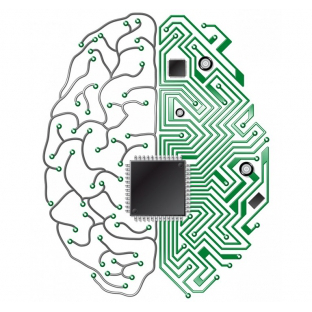Brain-IT

Neuroscience research is currently producing data at an enormous pace and volume, measuring and quantifying structure, function and dysfunction of the brain at many levels. Neuroinformatics tools and computational approaches are needed to make sense of this vast amount of experimental data and integrate the resulting findings into a computational theory.
In MCP Brain-IT we develop, enhance and
use e-Science approaches, including multi-scale modelling and scalable computer simulations, to facilitate bridging molecular-, cellular-, synaptic-, network-, and system-level perspectives in studies on brain plasticity, memory and learning, conducted together with computational neuroscientists, brain theoreticians, cognitive neuroscientists, mathematical statisticians and psychologists. We collaborate closely with experimentalists and companies like Astra Zeneca.
This SeRC research contributes to the understanding of learning and memory formation in the brain. This will have impact for brain-inspired AI and for the treatment of brain disorders, the latter because synaptic plasticity is impaired in both neurodegenerative and neuropsychiatric disorders.
Projects
- FAIR workflows for data-driven neuronal modeling and analysis at multiple scales.
- Implementing FAIR workflows for data-driven model construction and AI dependent data-analysis and management
- Data-driven multiscale modeling combining the cellular and cellular network level
- Data-driven model validation and extension
- Applications of model-driven approaches to multi-modal data integration and analysis −f rom basic research in computational basis of human cognition to use cases.
- Large-scale attractor models for understanding aspects of human cognition
- Brain-like computing – from models to data science applications in clinical/industrial contexts
- Towards mechanistic multi-scale network model of brain disorders – epilepsy case study
Members
People involved can be found here.




